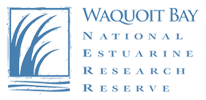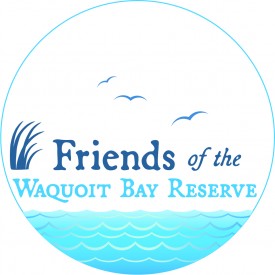Interns & Internships
Interns
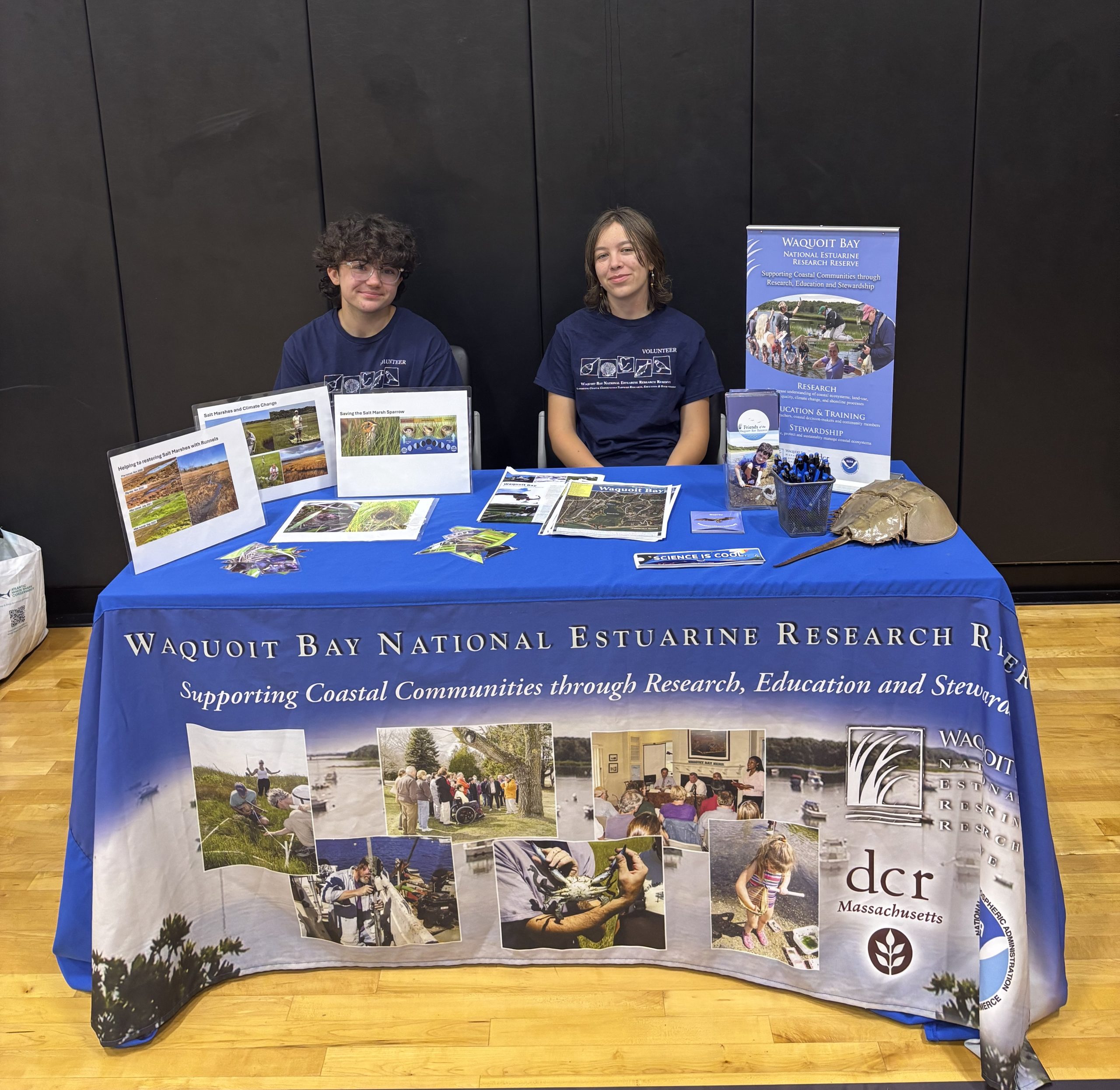
Estuary Education Leadership Interns (EEL) 2025
This summer the Reserve welcomed Allison McCumber, Falmouth High School and Mercury Rogers, Upper Cape Cod Regional Technical High School as our summer Estuary Education Leadership Interns.
The EELs spent eight weeks working on a variety of activities including teaching and assisting Interpretive staff with summer camp visits, public programs, and our Summer Science School students. They also got the opportunity to work alongside our Stewardship and Research teams learning about water quality and sampling techniques, and invasive species management focusing on the South Pine Beetle at Washburn Island. Their main project was working with our Education team to create a Traveling Salt Marsh exhibit included collecting seeds, propagating plants from cuttings to cultivate salt marsh plants.
What was your favorite part about spending your summer at Waquoit Bay? Both Allison and Mercury enjoyed working with the camp groups that visited the Bay, especially dip netting and seining with the kids teaching and learning about the ecology of the bay.
We appreciate their hard work this summer and know they will be a great addition to the environmental field in the future!
Leonel Lainez, AmeriCorps Cape Cod 2023
Connecting Students to Nature: My AmeriCorps Cape Cod Journey
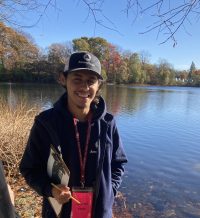 At the beginning of my AmeriCorps Cape Cod journey back in September, I was assigned to work with Joan Muller, the Education Coordinator from Waquoit Bay National Estuarine Research Reserve (WBNERR), and Nancy Church, a board member from the Friends of Mashpee National Wildlife Refuge. Together, we were tasked with developing an educational program about Ospreys using a live webcam on the WBNERR campus. The webcam is a collaboration between Friends of Mashpee National Wildlife Refuge, WBNERR, and Comcast.
At the beginning of my AmeriCorps Cape Cod journey back in September, I was assigned to work with Joan Muller, the Education Coordinator from Waquoit Bay National Estuarine Research Reserve (WBNERR), and Nancy Church, a board member from the Friends of Mashpee National Wildlife Refuge. Together, we were tasked with developing an educational program about Ospreys using a live webcam on the WBNERR campus. The webcam is a collaboration between Friends of Mashpee National Wildlife Refuge, WBNERR, and Comcast.
As a Person of Color, and Spanish being my first language, I noticed a struggle that no one could see. During a Pond Study at Lawrence School with Joan Muller, I conducted a shoreline survey around the pond. I noticed that the students who were not proficient in English or did not have English as their first language refrained from speaking up. This experience inspired me to create a citizen scientist project for English Language Development students (ELD) to help them
feel more comfortable and confident in their abilities to participate. Read full text…
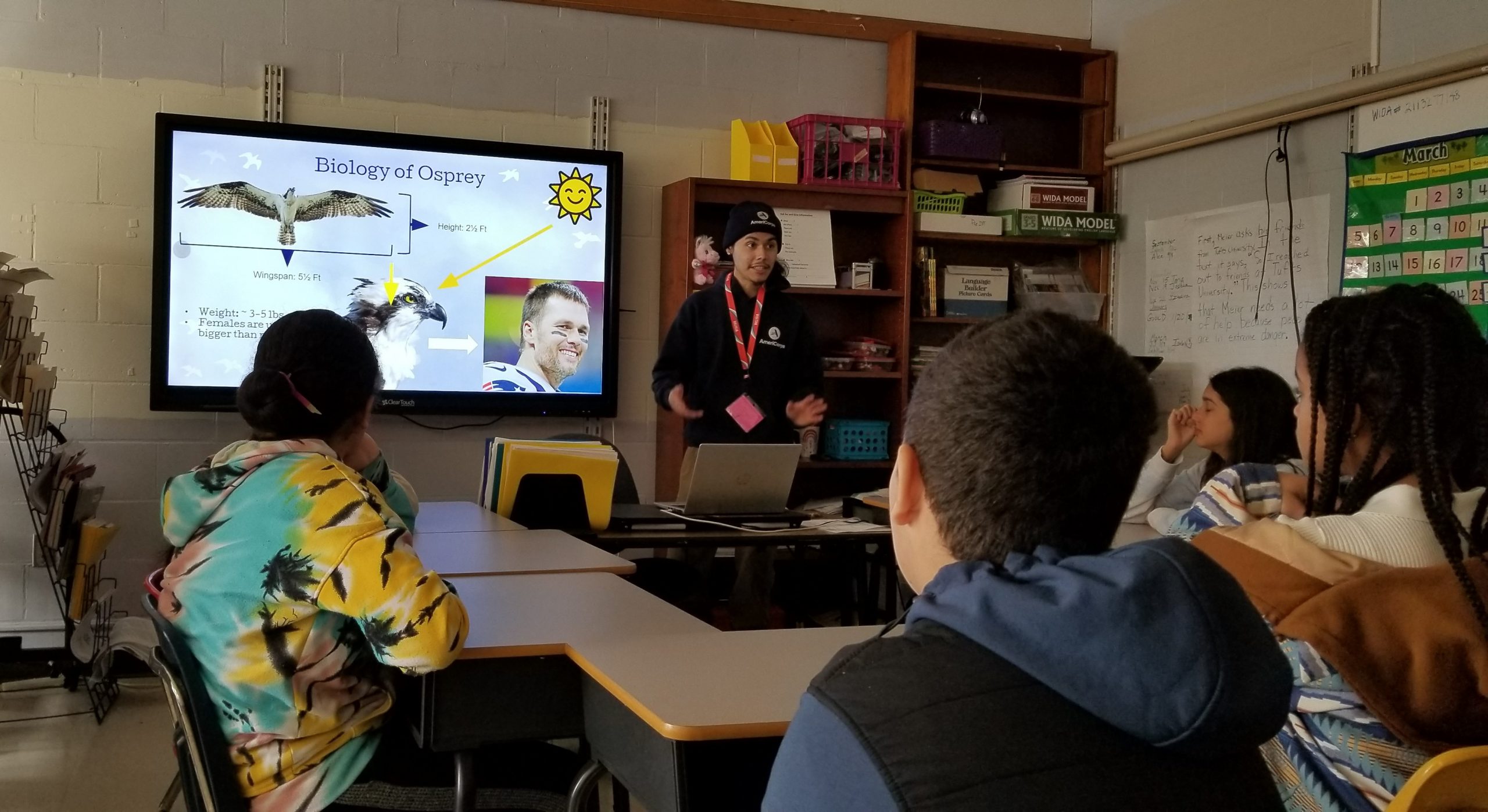
Leo leading a class on Osprey
